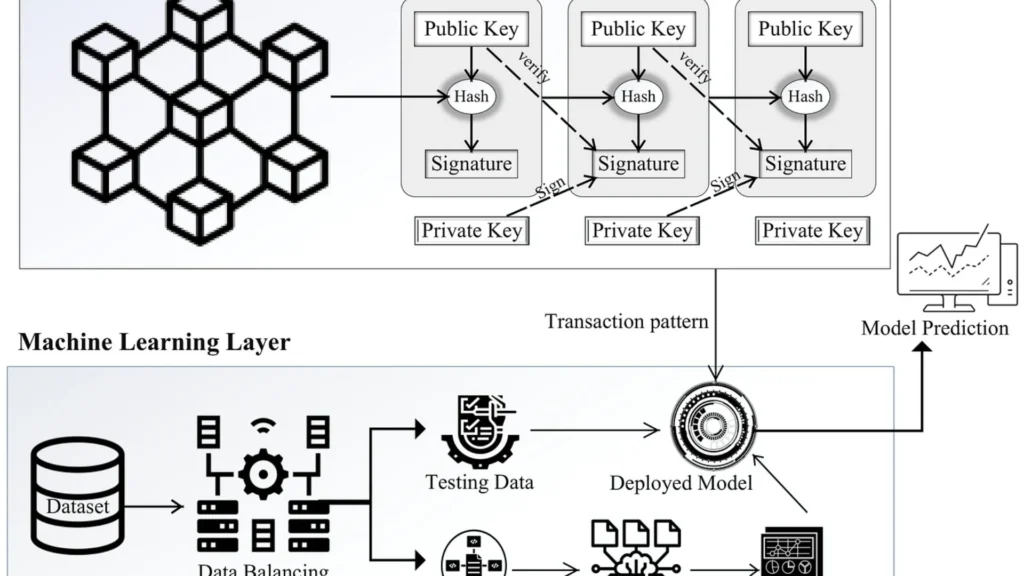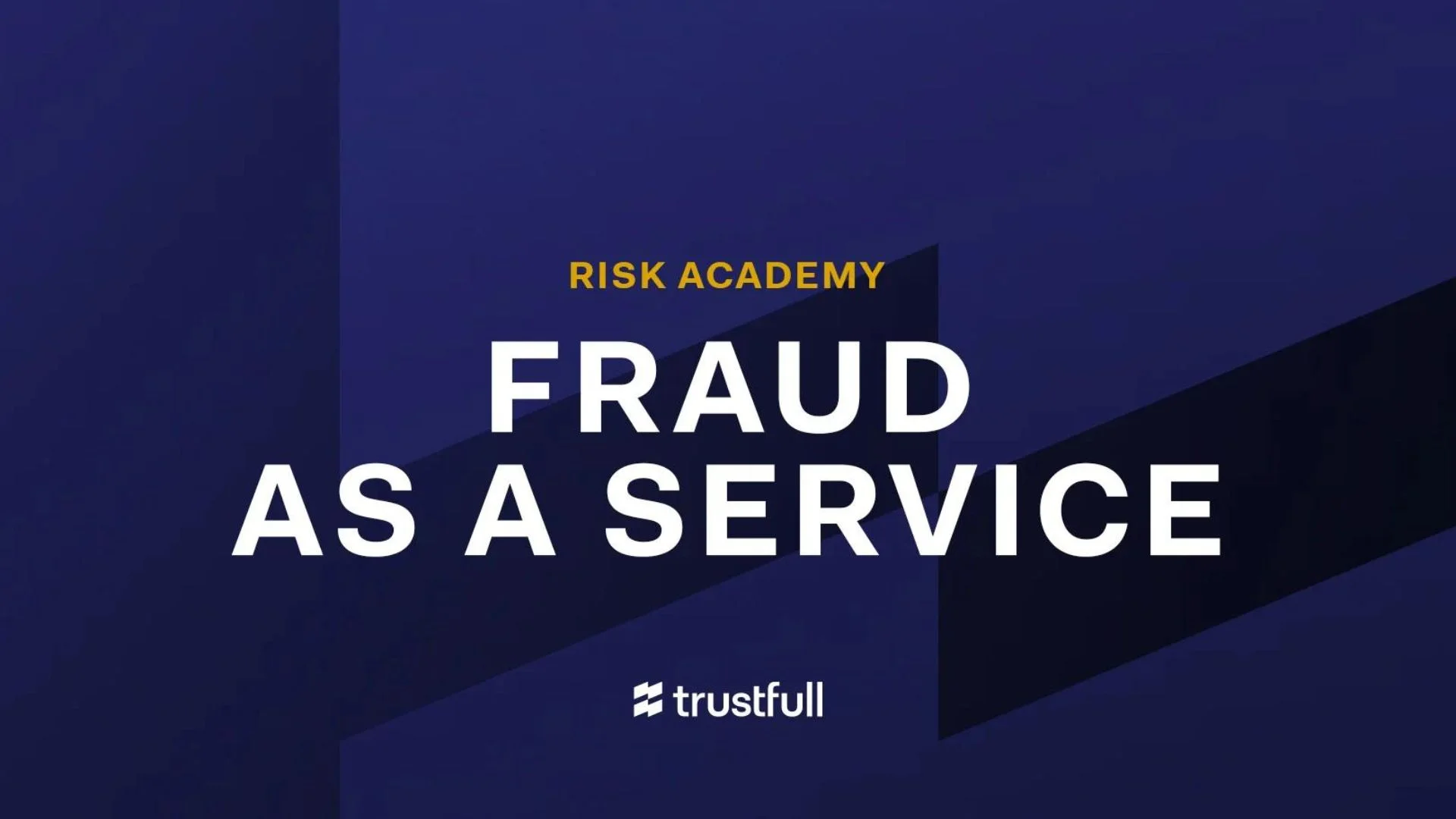The telecommunications industry has seen significant evolution over the past few decades, with Internet Service Providers (ISPs) playing a critical role in enabling global connectivity. While major ISPs dominate the market, alternate ISPs—smaller, often local providers—have emerged as viable alternatives, offering unique services and catering to specific niches. However, like their larger counterparts, alternate ISPs are not immune to fraud risks.Understanding Fraud Risk in
Alternate Internet Service Providers
Fraud in the context of ISPs can have far-reaching consequences, impacting not only the financial stability of these companies but also their reputation and the security of their users. This article provides a thorough examination of the various types of fraud that can affect alternate ISPs, the drivers behind these fraudulent activities, and the strategies that can be employed to mitigate these risks.
What Are Alternate ISPs and Why Are They Vulnerable to Fraud?
Alternate ISPs are typically smaller, often regional or local, internet service providers that operate independently of the large, national or multinational telecom giants. They offer a range of services including broadband, fiber, wireless internet, and sometimes specialized connectivity solutions.
Characteristics of Alternate ISPs
Alternate ISPs generally have the following characteristics:
- Localized Operations: They tend to serve specific geographic areas, often providing services in underserved or rural regions.
- Niche Services: Many focus on niche markets or specific customer segments, such as small businesses, remote communities, or environmentally conscious consumers.
- Flexible Pricing Models: They may offer more flexible and competitive pricing compared to major ISPs.
- Innovation: To compete with larger providers, alternate ISPs often leverage innovative technologies and business models.
Why Alternate ISPs Are Susceptible to Fraud
Several factors make alternate ISPs particularly vulnerable to fraud:
- Limited Resources: Smaller ISPs may lack the financial and human resources to invest in robust fraud prevention measures.
- Rapid Expansion: As they grow, alternate ISPs may prioritize customer acquisition and service delivery over security, leading to vulnerabilities.
- Lower Regulatory Scrutiny: They might operate under less stringent regulatory oversight, making them attractive targets for fraudsters.
- Customer Demographics: Serving niche or underserved markets can expose them to unique fraud risks, such as higher rates of fraudulent sign-ups or usage.
Common Types of Fraud in Alternate ISPs
Fraud in alternate ISPs can manifest in various forms, each posing unique challenges and requiring specific countermeasures.
Subscription Fraud
Subscription fraud is a significant concern for ISPs. It involves individuals or entities signing up for services with no intention of paying, or using stolen identities or payment methods.
Identity Theft
Fraudsters may use stolen or fake identities to create accounts and receive services, which can lead to significant revenue losses and operational challenges in recovering debts.
Credit Card Fraud
Using stolen or fraudulent credit card information to pay for services is another common issue. This can result in chargebacks and financial losses for the ISP.
Multiple Accounts
Some fraudsters create multiple accounts using different identities or payment methods to exploit introductory offers or to circumvent usage limits and fair usage policies.
Network Abuse
Network abuse involves the unauthorized use of an ISP’s infrastructure, often leading to performance degradation or increased operational costs.
Bandwidth Theft
Bandwidth theft occurs when individuals or businesses use more network capacity than they are entitled to, often by bypassing usage controls or exploiting vulnerabilities in the network.
Illegal Activities
Alternate ISPs can inadvertently become conduits for illegal activities such as spam, hacking, or hosting illicit content. This not only harms their network integrity but can also lead to legal repercussions.

Billing and Payment Fraud
Billing and payment fraud involves manipulating payment systems or processes to avoid paying for services or to defraud the ISP.
Chargebacks
After receiving services, some users may dispute the charges with their credit card company, claiming they did not authorize the transactions. This results in chargebacks that can cost the ISP both the service revenue and additional fees.
Payment Default
Some customers sign up for services and consume significant resources without ever intending to pay, leaving the ISP to absorb the costs.
Fraudulent Promotions and Discounts
Fraudsters may exploit promotional offers and discounts by using multiple identities or exploiting loopholes, leading to revenue losses for the ISP.
Insider Fraud
Insider fraud is a serious concern where employees or contractors use their access to commit fraud or assist others in doing so.
Unauthorized Access and Misuse
Employees with privileged access might misuse their position to alter billing records, give unauthorized discounts, or manipulate data for personal gain or to benefit others.
Information Leakage
Insiders may also leak sensitive information, such as customer data or proprietary technology, which can be exploited for financial gain or to harm the company’s competitive position.
Infrastructure and Operational Fraud
Fraud targeting the physical and operational aspects of an ISP’s infrastructure can also pose significant risks.
Equipment Theft
ISPs invest heavily in network infrastructure, including servers, routers, and cables. Theft or tampering with this equipment can disrupt services and lead to substantial financial losses.
Service Manipulation
Fraudsters might manipulate or hack into network services to gain unauthorized access or to alter service delivery, impacting the quality and reliability of the ISP’s offerings.
Drivers of Fraud in Alternate ISPs
Several underlying factors contribute to the prevalence of fraud in alternate ISPs. Understanding these drivers is crucial for developing effective prevention and mitigation strategies.
Financial Pressure
Alternate ISPs often operate on tight margins and face intense competition from larger providers. This financial pressure can lead to prioritizing growth and customer acquisition over security, creating vulnerabilities that fraudsters can exploit.
Rapid Growth and Expansion
The need to quickly expand customer bases and service areas can result in shortcuts being taken in fraud prevention measures. This rapid growth can strain resources and lead to gaps in security protocols.
Technological Complexity
As alternate ISPs adopt new technologies to stay competitive, the complexity of their systems increases. This can lead to integration issues and security vulnerabilities that fraudsters can exploit.
Lack of Robust Security Measures
Smaller ISPs may not have the resources or expertise to implement and maintain comprehensive security measures. This can make them attractive targets for fraudsters looking for easier entry points.
Inadequate Regulatory Oversight
Operating under less stringent regulatory environments can reduce the incentive for alternate ISPs to invest in strong fraud prevention and detection measures, increasing their susceptibility to fraud.
Customer Demographics
Serving niche or underserved markets can expose alternate ISPs to higher risks of fraudulent sign-ups and usage. These customer segments may have different risk profiles compared to the broader market.
Impact of Fraud on Alternate ISPs
The impact of fraud on alternate ISPs can be severe, affecting their financial health, operational stability, and market reputation.
Financial Losses
Fraud can lead to significant direct financial losses through unpaid services, chargebacks, and the costs associated with investigating and mitigating fraud incidents. For smaller ISPs operating on thin margins, these losses can be particularly damaging.
Reputational Damage
Incidents of fraud can erode customer trust and damage the ISP’s reputation. This can lead to customer churn, making it harder to attract and retain customers in a competitive market.
Operational Disruptions
Dealing with fraud consumes valuable resources and can disrupt normal business operations. This includes the time and effort spent on investigating incidents, enhancing security measures, and managing customer communications.
Legal and Regulatory Consequences
Fraud can expose alternate ISPs to legal risks and regulatory scrutiny, especially if they fail to adequately protect customer data or comply with industry regulations. This can result in fines, penalties, and increased oversight.
Customer Impact
Customers affected by fraud may suffer financial losses, inconvenience, and breaches of their personal data. This can lead to dissatisfaction, complaints, and potential legal action against the ISP.
Strategies to Mitigate Fraud Risk in Alternate ISPs
Preventing and mitigating fraud in alternate ISPs requires a comprehensive approach that includes technological solutions, robust processes, and a culture of security awareness.
Implementing Strong Authentication and Access Controls
Robust authentication and access controls are essential for preventing unauthorized access and account takeovers:
- Multi-Factor Authentication (MFA): Requiring multiple forms of verification can significantly enhance security.

